 How tech can take safety, quality and compliance concerns off your plate If you’re managing a continuous cycle of having to do more with less – like juggling more work across a smaller crew, for example, or having to conduct more onboarding training with fewer longtime staff on your roster – it can be easy for your food safety and quality to slip through the cracks. Fortunately, tech tools can help you ensure you’re upholding key standards regardless of what’s happening and which employees are staffed during a shift. As Restaurant Technology News reported recently, tech-driven support can include everything from prompts to wash hands during busy periods to reminders about completing compliance tasks across multiple locations. Looking at your operation, where are manual processes still in use? Where do you see your standards slipping – or see potential for that to happen? Looking externally, do all of your suppliers share your commitment to safety and have mechanisms in place to protect it, or is there room to make changes for the better? When automated tools are in place, you’re able to manage business more effectively with fewer people and you also stand to make your employees’ jobs a little easier, which can help with morale and retention.  Across your restaurant and any additional locations you operate, do you have standard record-keeping systems, training processes, operating procedures and compliance tasks that apply across the board? Identifying any areas of your restaurant that are out of sync with other parts of your operation can go far in helping your business. You will be able to better identify patterns in your food safety and pinpoint varying interpretations of procedures that may generate problems. Your staff will learn the same skills in the same way. This helps you provide a consistent experience for your guests, as well as ensure that your staff from one location can easily slip into roles in a different location when labor needs or development opportunities arise. Finally, you demonstrate to regulators that you run a business that is committed to doing the right thing — as a result, you’ll be in a good position to work in partnership with them to build upon your strengths. 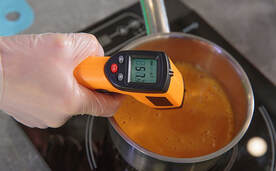 Even if your business has a strong food safety record and culture, the rapid turnover of a workforce can chip away at it if you don’t take action to protect it. A report from Food Safety Magazine encourages businesses to rise to the challenge in four steps using the acronym SAVE: Standardize your processes across your locations and production zones. Automate processes where possible in an effort to simplify your training and compliance procedures. Validate the effectiveness of hygiene protocols and compliance using tools that can keep you on track. Finally, educate people across your organization about the “why” of food safety – it helps people retain both the training material and your expectations of them when it comes to protecting the business.  Does your restaurant’s food safety culture run deep – or could it easily become watered down with the departure of certain staff who reinforce it? If you can bring greater standardization to your food safety processes, both within a facility and across your locations if you operate more than one, this will go a long way in helping you ensure the consistency you need to weave food safety into the fabric of your business. Consider all of your food safety processes. Are any of them unnecessarily complex – or applied slightly differently in one location than another? How can you make each process simpler, easier to follow, and applied in a standard way across your organization? As restaurant dining rooms reopen and the weather beckons people outdoors, operators may find themselves in the awkward position of wanting to welcome people looking to gather and celebrate, while also accommodating the safety concerns of guests, staff and inspectors alike. Establish a clear protocol for how your team is balancing these concerns – and share it on your website, social media and in your booking confirmations to help inform guests before they join you. Finally, empower your staff to gently reinforce your safety protocols as guests arrive – and as needed once they’re dining – since they may still be getting used to the new rules of dining out too.
On July 4th weekend, a San Francisco wedding celebration reportedly became a breeding ground for COVID-19. Following a rehearsal dinner gathering of 40 guests at the Harborview Restaurant and Bar, the wedding couple and at least eight of their guests from across the country tested positive for the virus. But according to an Eater report that addressed reviews of the restaurant’s policies for managing groups, as well as information relayed by a restaurant spokesperson, Harborview seems to have done everything right: They took such steps as spacing tables six feet apart, separating guests by household or family unit, plating food that they had previously served family style, and reminding guests to wear face coverings. After the outbreak, employees were tested and results came back negative. So what is a restaurant to do when it follows guidelines and takes the right precautions but must bear the brunt of bad publicity after an outbreak? Start by going on the PR offensive, collecting facts to demonstrate your commitment to safety, and sharing them with the media and on your social platforms. Partner with your health officials and describe what precautions you have taken, from new employee training procedures and protocols to virus testing to signage advising guests how to maintain safety – and publicize their findings in the news media, on your website and on your social networks. Take photos and video of your facility, introduce staff and talk about how your policies have changed since COVID-19. Finally, for the moment, rethink catering to weddings – and other gatherings where people set out to socialize and celebrate with friends and family, consume alcohol, and perhaps let down their guard and ignore precautions. They may be best left to large outdoor settings or until after a vaccine is readily available.
In a recent interview with Restaurant Technology News, OneDine CEO Rom Krupp said he thinks of COVID-19 as almost a compliance event – something that restaurants simply must adapt to accommodate, just as they have installed ramps for the disabled and offered gluten-free menus for gluten-sensitive guests. In that vein, it’s something restaurants will have to take actions to support not just in the near term, when large portions of the population are restricted in their movements and ability to connect with others, but also in the longer term as older and immune-compromised customers continue to have to think about their risks. As you adapt your safety procedures, think longterm. What products, technology and processes can help you minimize contact between your employees and guests on a permanent basis – and how can you implement changes in a way that inspires loyalty and protects your brand?
If you’re a franchisee and are found to have health and safety violations in your restaurant, you could be facing challenges from more than just your health inspector. When a Dunkin’ in east Boston with a series of health code violations was closed temporarily in recent weeks after a customer captured and shared video of mice scurrying around the store, its parent company filed suit against the franchisor to ensure it could not ever reopen under the Dunkin’ name.
|
subscribe to our newsletterArchives
April 2024
Categories
All
|
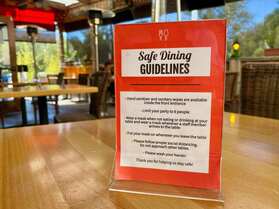
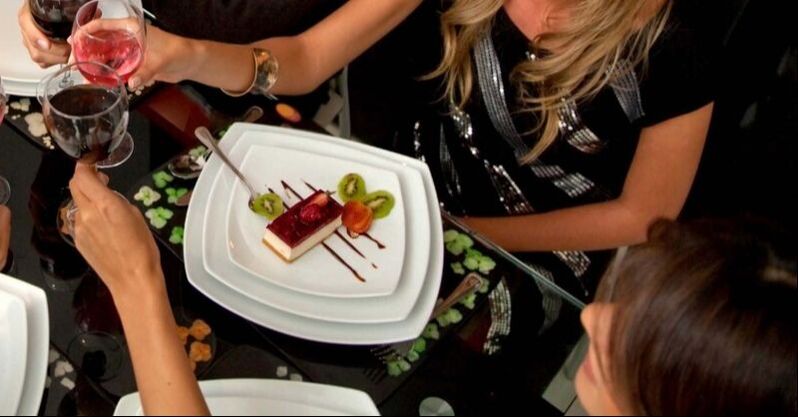
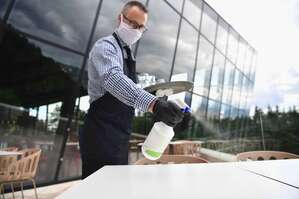
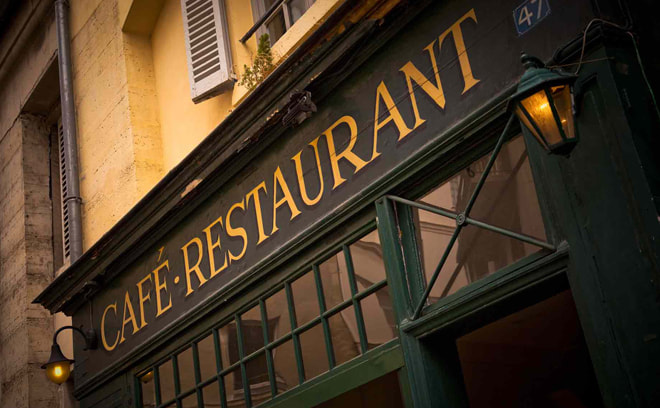
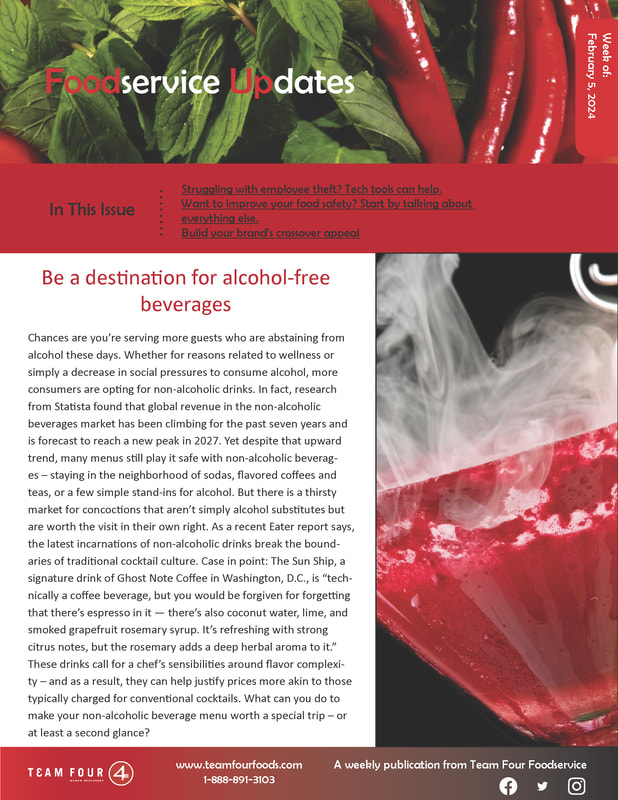
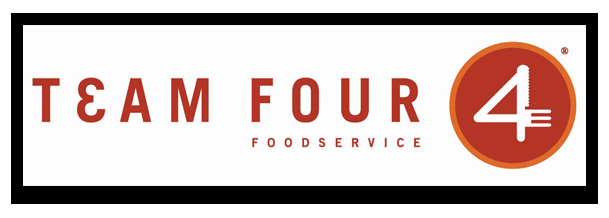
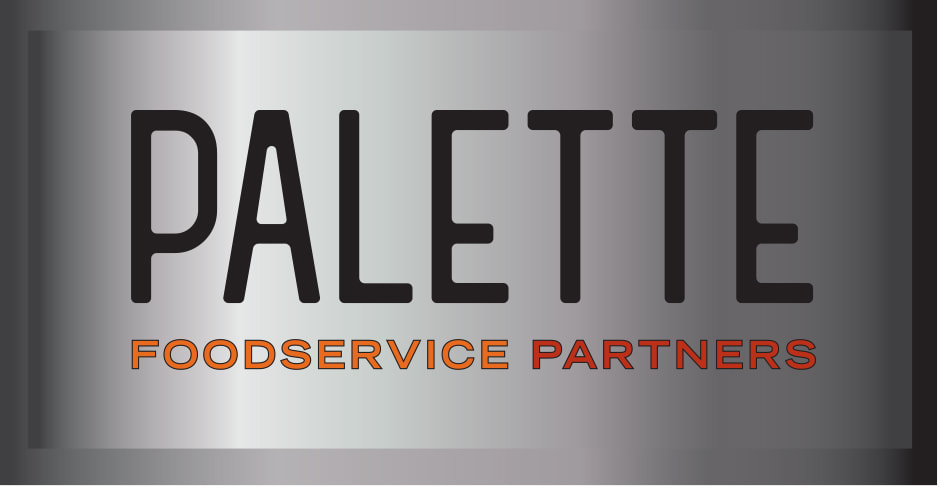
 RSS Feed
RSS Feed